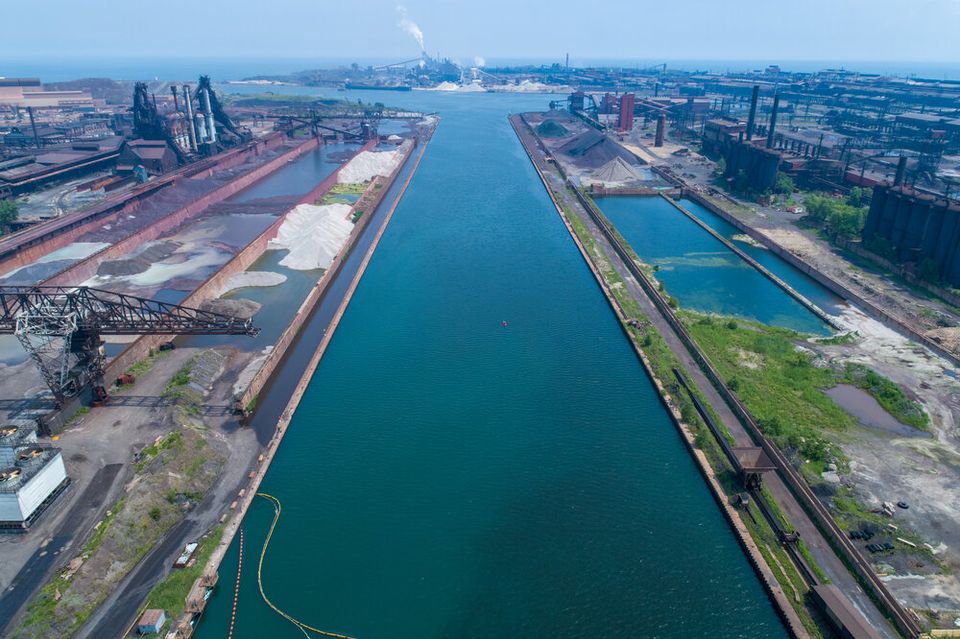What is the Anthropocene? See for yourself in this aerial film of Indiana

As the world emerges from the COVID-19 pandemic, Indiana professor and sociologist Zach Schrank feels growing awareness of a notion he’s wrestled with for years.
“Everything’s normal, and everything's not normal all at once,” Schrank says. “In some ways, it all feels like everything’s ending and collapsing, and at the same time, there’s a sense that things are going to go on ‘normally’ forever.”
For Schrank, it’s a feeling that wasn’t brought on by the pandemic. Instead, as Director of the Center for Sustainable Future at Indiana University South Bend, he’s felt it in relation to a larger, global phenomenon known as the “Anthropocene.”
At first glance, it sounds like a scary scientific term, and while its reality is no more comforting, it is somewhat familiar. Essentially, the Anthropocene is the most recent phase of the Earth’s history wherein human activity has made a significant impact on the planet’s climate and ecosystems. Some say it began at the dawn of human civilization; others (like Schrank) date it to the mid-1900s or the post-War era in which industrialization and globalization boomed, bringing on the “Great Acceleration.”
“Everything humans are doing on Earth is accelerating, and it’s having this huge impact,” Schrank says.
But while you might dismiss it as your average conversation on climate change, what Schrank and other sociologists and geologists are learning is that—in more ways than one—the Earth is experiencing what he refers to as an unprecedented environmental “phase shift.”
Become a FREE member to continue reading.
Get access to all of our original stories and newsletter by subscribing below.
